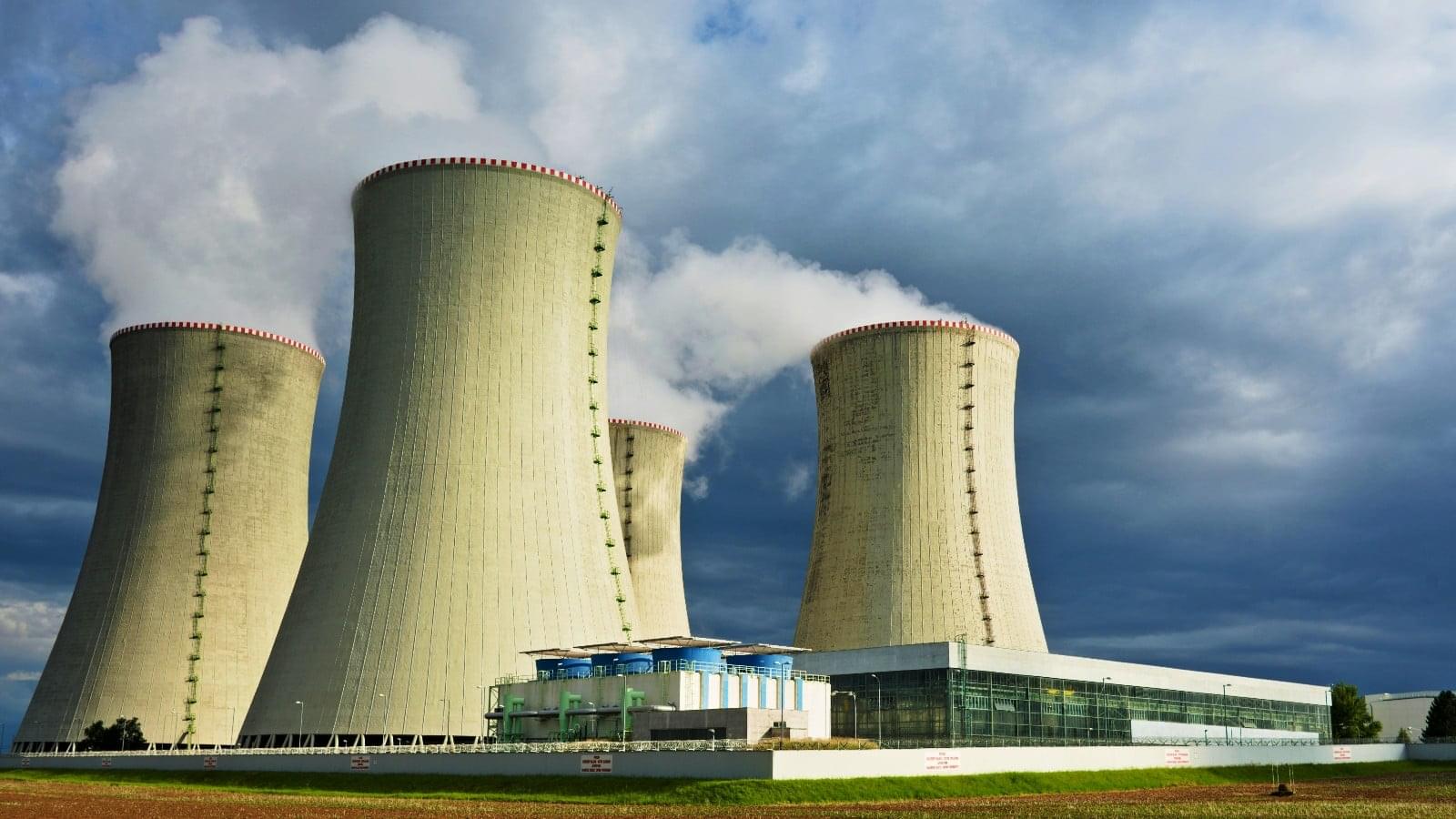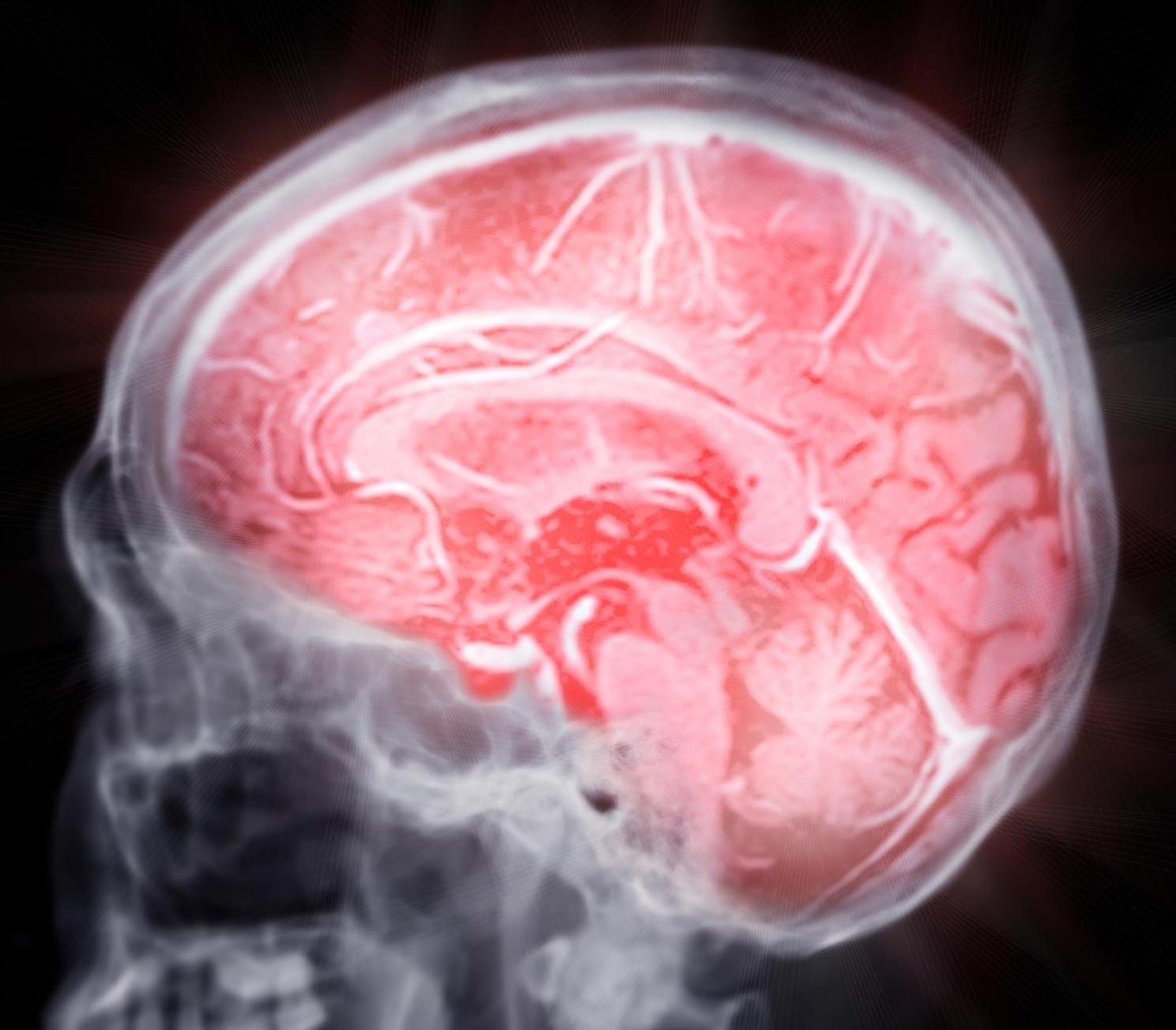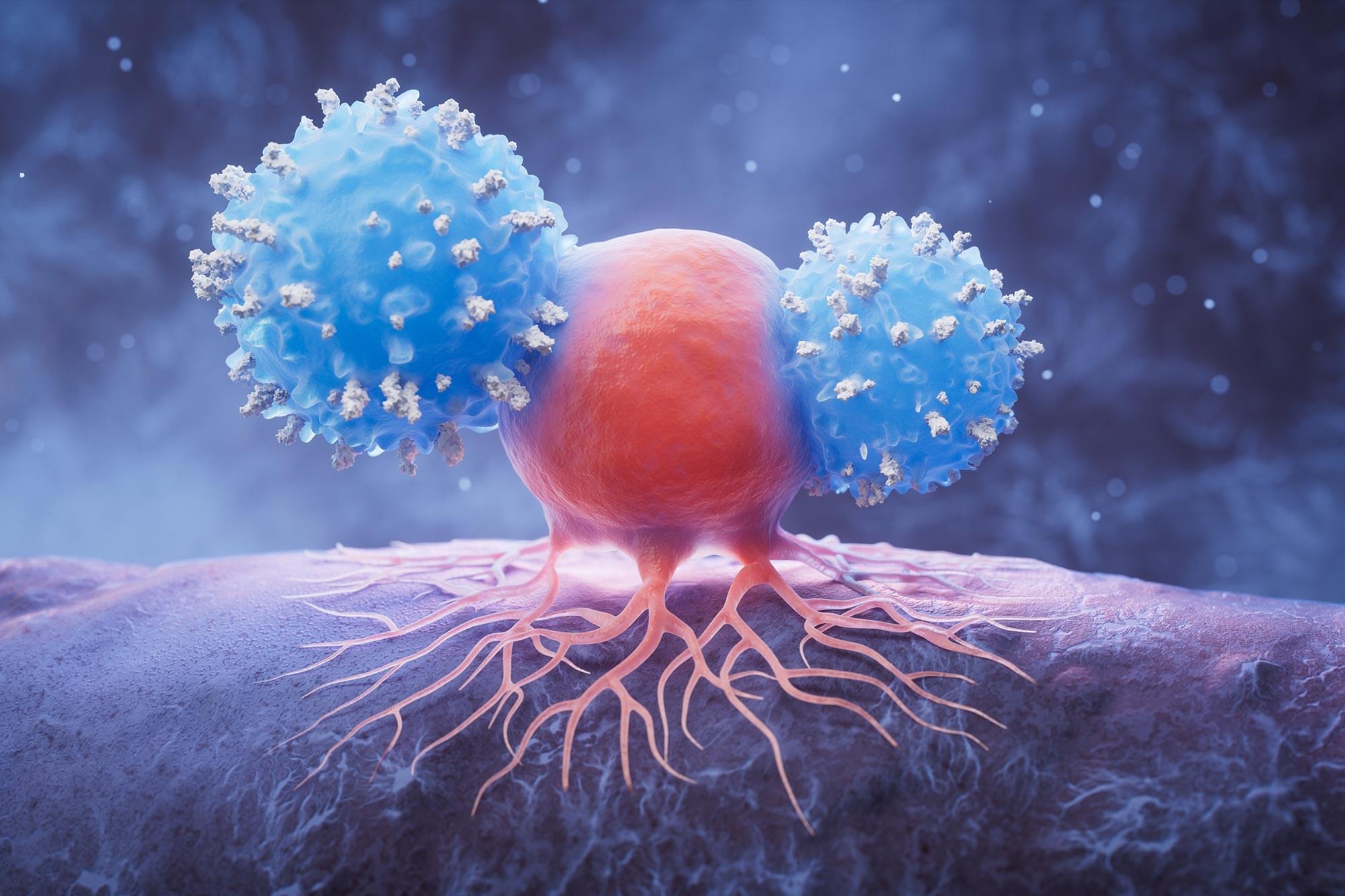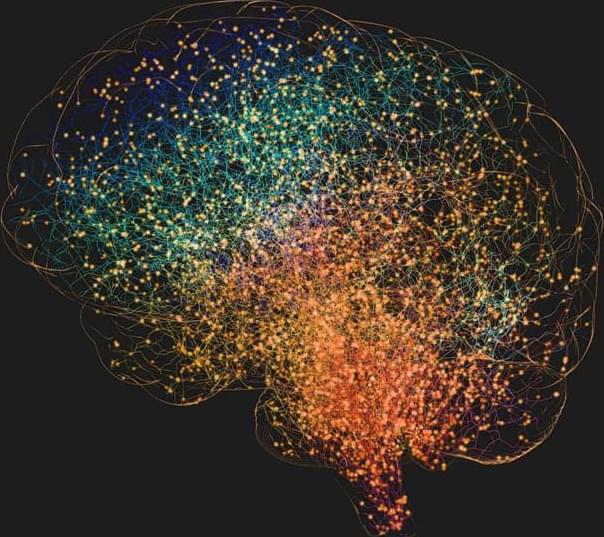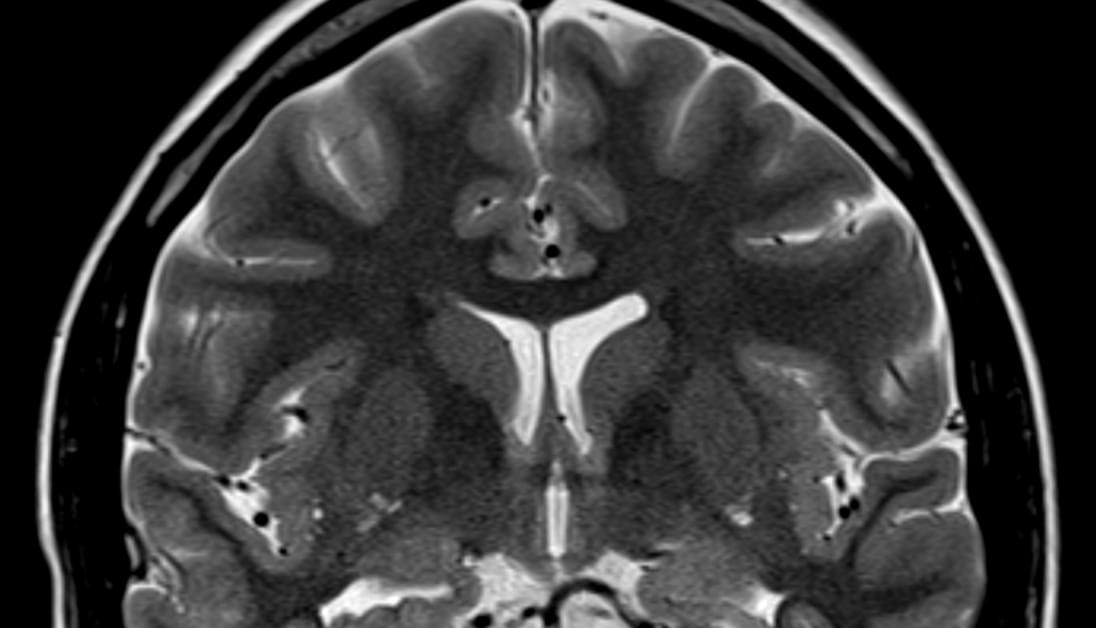A ransomware attack hit Oltenia Energy Complex (Complexul Energetic Oltenia), Romania’s largest coal-based energy producer, on the second day of Christmas, taking down its IT infrastructure.
The 40-year-old Romanian energy provider employs over 19,000 people, operates four power plants with an installed production capacity of 3,900 MWh, and provides about 30% of Romania’s electricity.
“As a result of the attack, some documents and files were encrypted, and several computer applications became temporarily unavailable, including ERP systems, document management applications, the company’s email service, and website,” it said over the weekend.
